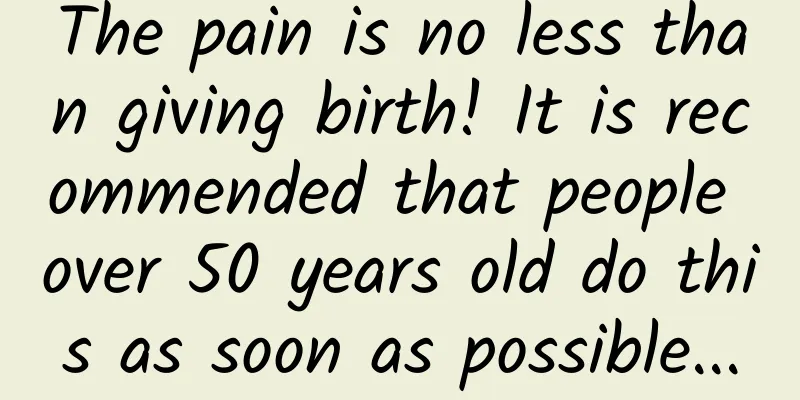Chengdu University of Traditional Chinese Medicine: Research finds that acupuncture is promising for treating chronic urticaria

|
A recent study of more than 300 patients with chronic spontaneous urticaria (CSU) found that acupuncture provided limited symptom relief, but the clinical significance remains unclear. An accompanying editorial highlights the potential of acupuncture in treating non-painful conditions and the need for its wider clinical use. A randomized, controlled study involving more than 300 patients with chronic spontaneous urticaria (CSU), or hives, suggests that acupuncture may provide some relief. However, the clinical significance of these results remains uncertain. The study was recently published in the journal Annals of Internal Medicine. CSU is the most common form of chronic urticaria, characterized by recurrent itching, lesions, or swelling that lasts for more than 6 weeks without specific triggers. More than 90% of CSU patients require emergency treatment to relieve itching, so controlling itching is one of the main goals of CSU treatment. Researchers at Chengdu University of Traditional Chinese Medicine randomly assigned 330 CSU patients to receive 4 weeks of acupuncture treatment, 4 weeks of sham acupuncture treatment, or a waiting list (control group), and then followed up the patients for 4 weeks after treatment to investigate whether acupuncture could improve CSU symptoms. Symptom changes were measured using the weekly urticaria activity score (UAS7). Patients in the acupuncture group reported greater improvements in UAS7 than those in the sham acupuncture or waitlist control groups. However, the difference between the intervention and control groups did not reach the minimum clinical difference (MCID) threshold, so the clinical significance of the observed reduction in itch severity scores is uncertain. The acupuncture group had the highest incidence of adverse events, but the events were mild and transient. In an accompanying editorial, Mike Cummings of the British Association of Medical Acupuncture stressed that the trial results were interesting because they described the effectiveness of acupuncture for a condition that is not characterized by pain. Although the clinical significance of the findings is unclear, the authors suggest that clinicians should remain open-minded to the possibility that acupuncture's adjunctive effects may affect treatment outcomes, even in more severe cases. The editorial states that acupuncture is often overlooked as a therapy because it lacks the commercial support of other modern interventions. From cnBeta |
<<: Samsung Gear S watch review: Will you raise your wrist to make a call?
>>: MiniLED vs OLED, can TCL X11 become the "gatekeeper" of high-end TVs?
Recommend
End of an era: McLaren boss Dennis forced to step down
Ron Dennis has officially stepped down as chairma...
Will high-price strategy feed back into marketing growth?
Yesterday, after "Cong Yan Cong Yu" att...
What are the functions of the car repair mini program? How to make a WeChat auto repair mini program?
According to statistics, the number of cars in my ...
Can you travel around the world with just a stretch of your hand? Palm recognition is more useful than face recognition!
□ Popular Science Times reporter Chen Jie Stretch...
A large number of Google Android 12 Beta 4 users are experiencing repeated crashes of "Android System Intelligence"
Foreign media 9to5 Google reported that apart fro...
An information flow advertising landing page worthy of collection by all industry professionals
We all know that the task of most landing pages i...
How to quickly increase the popularity of your live streaming room?
Live streaming has become a standard sales method...
Four key links in O2O operation
Although everyone has been playing with O2O in re...
Three major principles in the user operation system!
This article introduces the three major principle...
What kind of H5 page will trigger chain transmission?
Countless people have quoted Dickens's words ...
Brand Marketing: What are the principles of brand names?
1. Why is the brand name worth millions? 1. Becau...
Come and see! Today the moon is "blushing" and comes with a big Easter egg
Today, the most exciting astronomical phenomenon ...
Why do hackers always pick on Sony?
WinBeta, a US technology information website, rec...
The African guy's arms are tanned. How can he effectively avoid the scorching sun this year?
This summer is the hottest in history, which has ...
The conversion rate of information flow is only 10%, so where does the remaining 90% of traffic go?
The most painful thing in marketing promotion is:...









